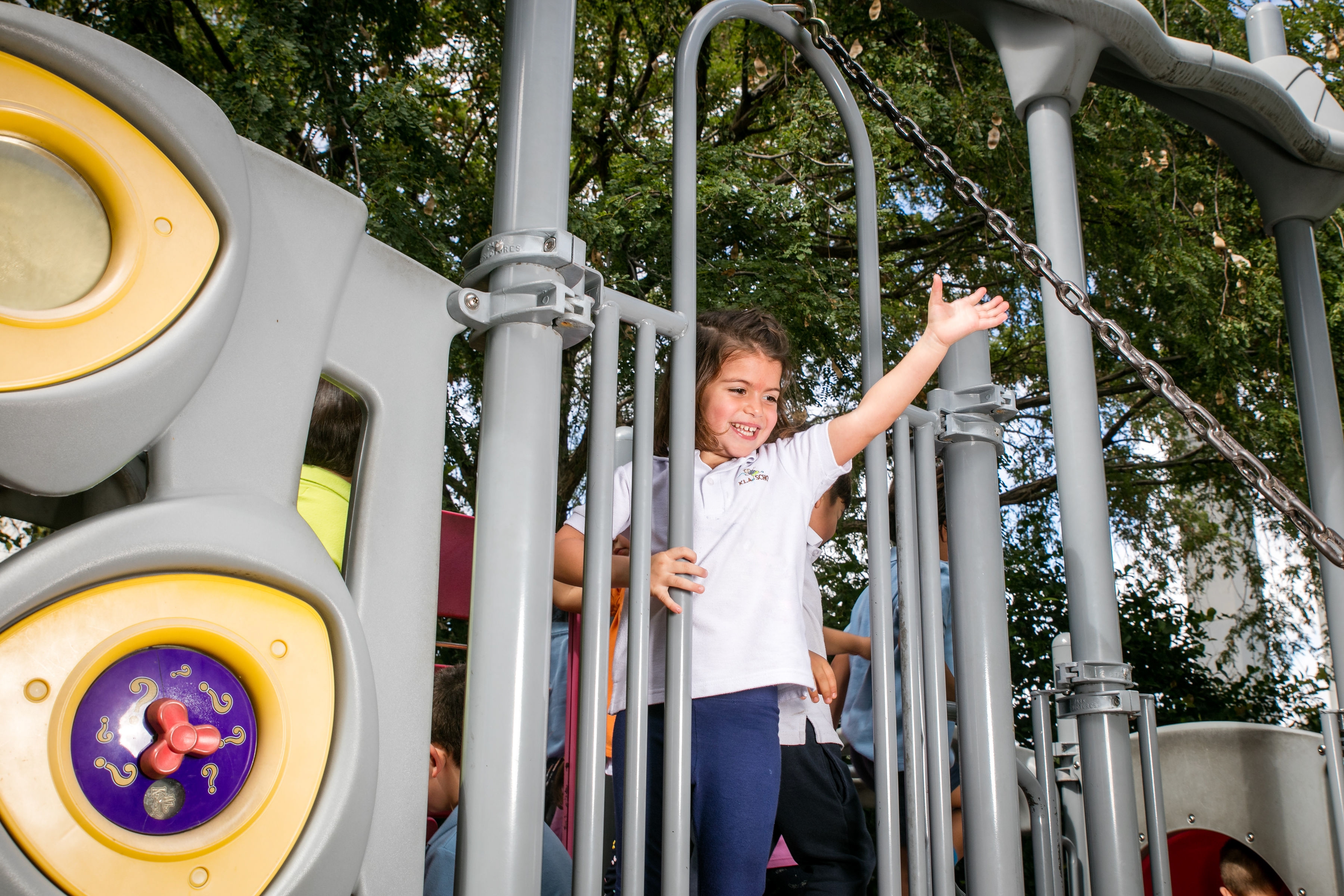Encouraging Healthy Habits in Children
According to a study conducted by Brown University, a child’s routines and habits formed before the age of nine are unlikely to change as they get older. Early childhood is the best time to instill healthy habits in your children, so that they will grow to become healthy adults. Here are some tips for encouraging healthy habits in your child.
Physical health
- Have your child visit their pediatrician every year for a checkup. The American Academy of Pediatrics recommends yearly wellness examinations starting at age five.
- Ensure your child is up to date on all their required vaccinations.
- Starting at age three, bring your child to the dentist twice per year for checkups and cleanings.
- Teach your child about the components of a healthy, nutritious meal.
- Involve your child in meal planning and preparation in an age-appropriate way. For example, you can bring your child grocery shopping with you and ask them to help you select fruits and vegetables.
- Reduce junk food and sweets, and encourage healthy snacking, such as apple slices with peanut butter, or veggies and dip.
- Find at least one or two foods from each food group that your child enjoys, and ensure they are always available.
- Let your child finish eating when they are full.
- Help your child understand where food comes from. For example, they can help you grow vegetables in a backyard or kitchen garden.
- Ensure your child gets adequate sleep.
- Eat together as a family and make mealtimes a positive experience.
- Work physical activity into your daily family life. For example, park a little further from the store when running errands, or do a weekly bike ride around the neighborhood together.
- Plan family activities that involve some exercise, such as a hike on a weekend afternoon.
- Encourage your child to find and pursue organized sports or fitness activities they enjoy.
- Get your child involved in household chores.
- Model healthy eating behavior and physical health with your own habits.
Mental and emotional health
- Help your child build positive skills to cope with stress, such as teaching them positive things they can tell themselves when they get scared.
- Encourage your child to problem-solve and think rationally in an age-appropriate way.
- Acknowledge your child’s feelings, and discuss them in a calm and respectful way.
- Reduce stressors in your child’s life as much as possible.
- Help your child to relax and reduce anxiety with breathing exercises, yoga, or massage.
- Let your child express their feelings, whether it be through laughter, crying, or talking.
- Encourage regular physical activity as a way to manage stress.
- Help your child to socialize and make friends. This can take the form of encouraging your child to say hi to other children at the park, or inviting a couple of preschool friends over for a play date.
- Encourage honest two-way communication in your family.
- Let your child know they can talk to you about anything.
- Give your child challenges that they have a reasonable chance of accomplishing, but still push them slightly out of their comfort zone. For example, asking your four-year-old to help you measure ingredients while cooking.
- Teach your child that mistakes are learning experiences.
- Focus on your child’s strengths and encourage their individuality.
- Encourage empathy and help your child find common ground with others.
- Give your child one-on-one time on a regular basis.
- If you notice negative changes in your child’s thoughts, feelings, or actions, talk to your child’s doctor.
- Model healthy emotional and mental behavior. For example, allow your child to see you take responsibility for your actions, or let them hear you say, “I’m feeling worried because there’s so much to do before we leave. Can you help me by putting your toys away?”
- Make sure your child knows you love and support them no matter what.
Physical, mental, and emotional health habits are important to instill in young children as early as possible. These tips can be easily incorporated into your family’s everyday life, and will help your child learn healthy habits that will stay with them for life.

